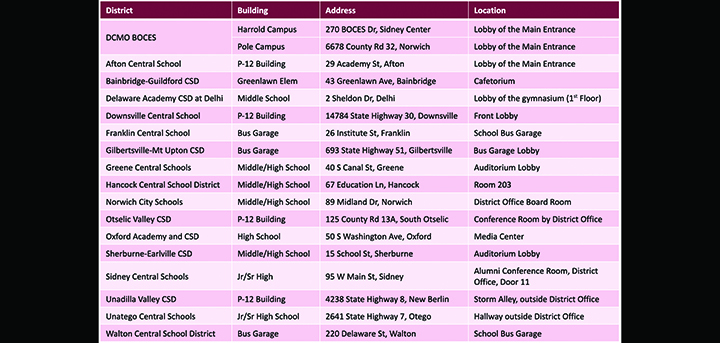Schumer says its time to “keep an eye” on big oil
WASHINGTON – If comparing economic models, American oil companies would look more like the trusts Teddy Roosevelt fought to break apart than the free-market competitors envisioned by Adam Smith, claims U.S. Senator Charles Schumer (D-NY).
Schumer said Wednesday that based on recent economic studies he believes it’s “likely” – although not proven – that big oil has been “dialing” back domestic gasoline production and neglecting refinery maintenance in an effort to keep fuel supplies tight and pump prices high.
“There’s a theory that is extra troubling,” he said. “That oil companies are happy to keep oil supplies low to drive prices up. That is befuddling.”
“It hurts us as a country,” Schumer went on, citing the America’s resulting dependence on foreign gas imports, and the burden high fuel prices place on the U.S. consumers and thus the retail economy. “A billion dollars leaves our country a day and goes to a lot of places we don’t like, like Iran.”
According to the U.S. Energy Information Administration, the U.S. gasoline supply has been on a record 12-week slide while demand has increased 100,000 more barrels per day than last year. The EIA claims slowed imports and refinery outages – caused by equipment breakdowns, fires, and explosions – have mainly been the cause.
“We have to do something about the high cost of gas,” said Norwich resident JoAnne Baker as she was filling her tank Tuesday afternoon.






Comments